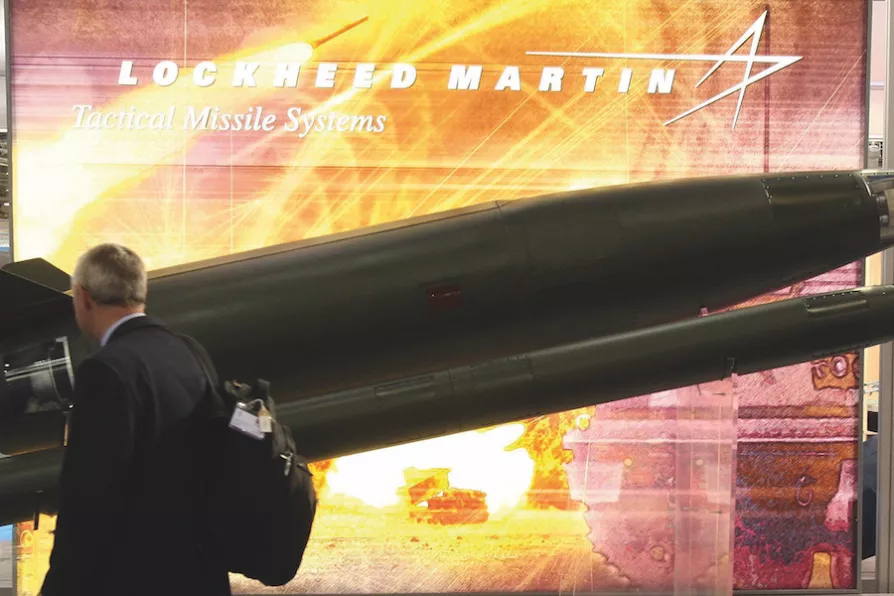The far right thrives on division, but denying racism within the left only strengthens it. As we mobilise for the All Together March, real solidarity demands honesty about our own failures, argues ROGER McKENZIE


ON September 12 2023, the Peace Pledge Union (PPU) protested against the opening of the DSEI arms fair held annually at the Excel Centre in east London.
The arms fair (known euphemistically as Defence and Security Equipment International) brings representatives of the world’s governments and armed forces together to meet and do deals with arms dealers.
We held a memorial ceremony at the security entrance of the Excel, reading 100 names of people killed in war and armed conflict since the beginning of the 21st century.

From summit to summit, imperialist companies and governments cut, delay or water down their commitments, warn the Communist Parties of Britain, France, Portugal and Spain and the Workers Party of Belgium in a joint statement on Cop30

In the first half of a two-part article, PETER MERTENS looks at how Nato’s €800 billion ‘Readiness 2030’ plan serves Washington’s pivot to the Pacific, forcing Europeans to dismantle social security and slash pensions to fund it












